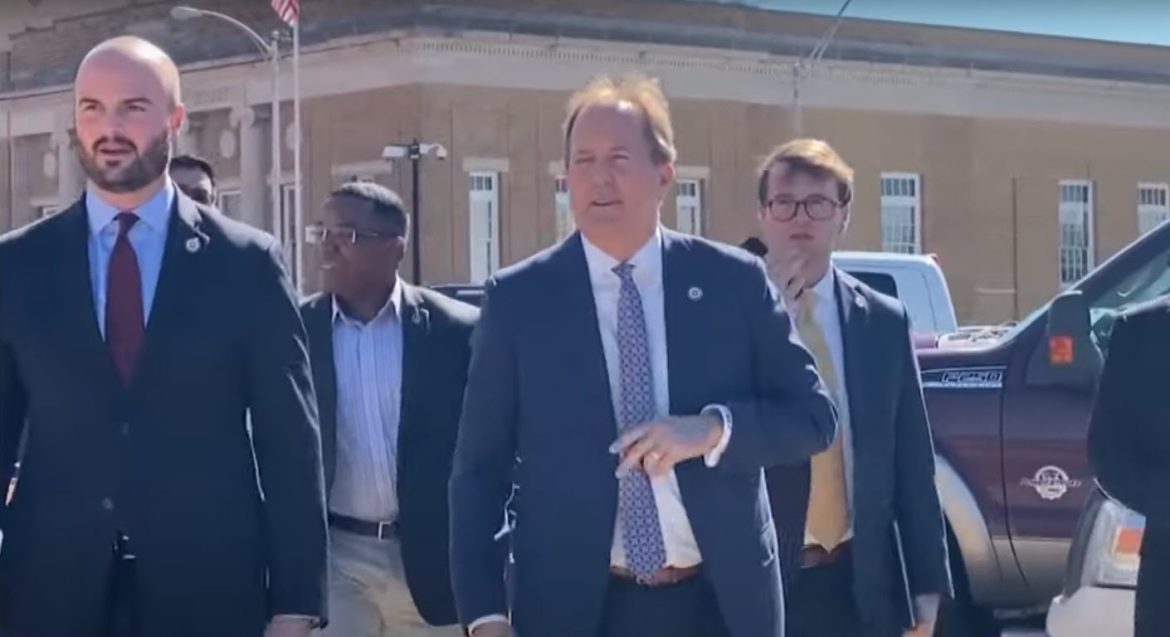In a legal showdown in Austin, Texas, the state is facing off against a civil rights group over its demand for records related to transgender healthcare seekers, particularly minors. Attorney General Ken Paxton is spearheading the effort to obtain information from P-FLAG, a group that assists families in accessing resources for transgender individuals.
The core of the dispute lies in Paxton’s request for the names of individuals who have sought guidance or support from P-FLAG regarding transgender healthcare. The civil rights group has vehemently opposed this demand, labeling it as “petty” and “invasive.” They argue that such a move could deter families from seeking essential advice and assistance if they fear their privacy might be compromised.
The legal battle takes on added significance against the backdrop of a new state law in Texas that prohibits minors from accessing puberty blockers, hormone treatments, and gender-related surgeries. This law has sparked intense debates and legal challenges, with advocates of transgender rights arguing that it infringes on individuals’ access to necessary medical care.
In response to P-FLAG’s resistance, a Texas judge has issued a temporary injunction blocking Paxton from obtaining the requested records until a trial scheduled for June. This injunction provides a reprieve for the civil rights group and the individuals it serves, safeguarding their privacy rights pending further legal proceedings.
Lynly Egyes, the attorney representing P-FLAG, has characterized Paxton’s records request as a form of intimidation aimed at families seeking support for transgender healthcare needs. Egyes emphasizes the importance of protecting the confidentiality and privacy of individuals exploring such sensitive medical and personal matters.
As the legal battle unfolds, it underscores broader debates about transgender rights, privacy concerns, and the role of state authorities in regulating healthcare decisions, particularly for minors.



